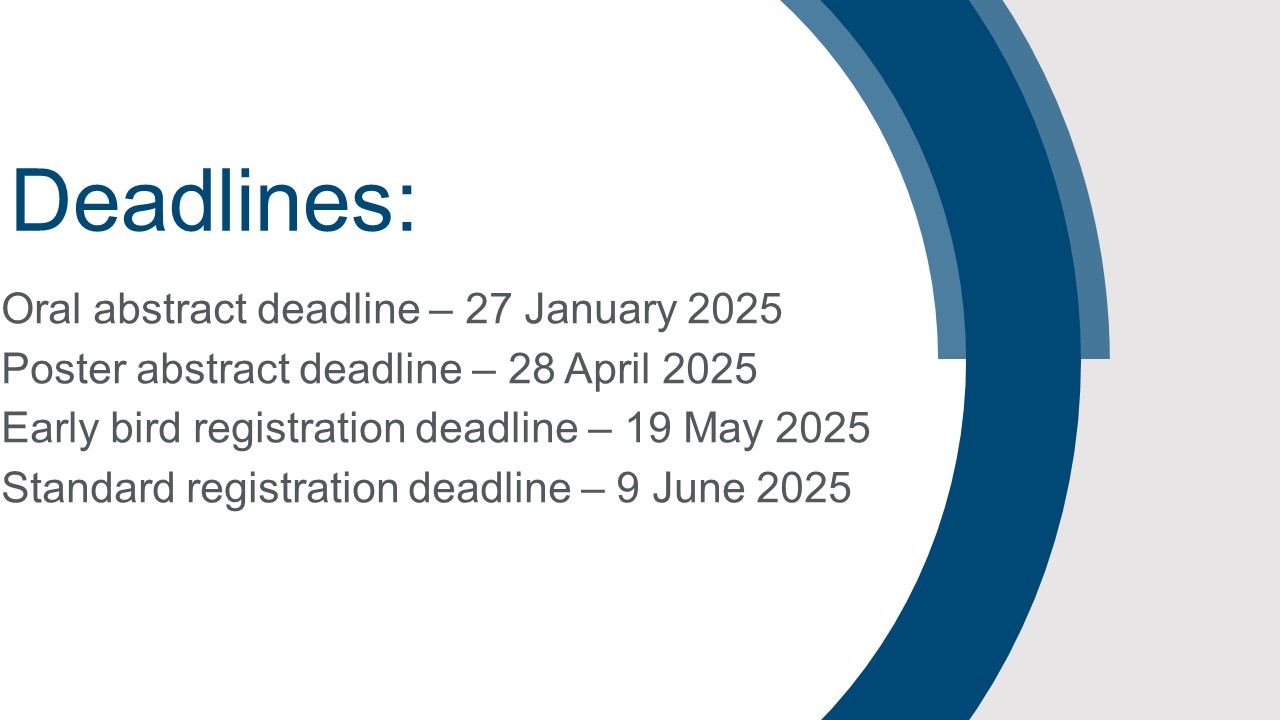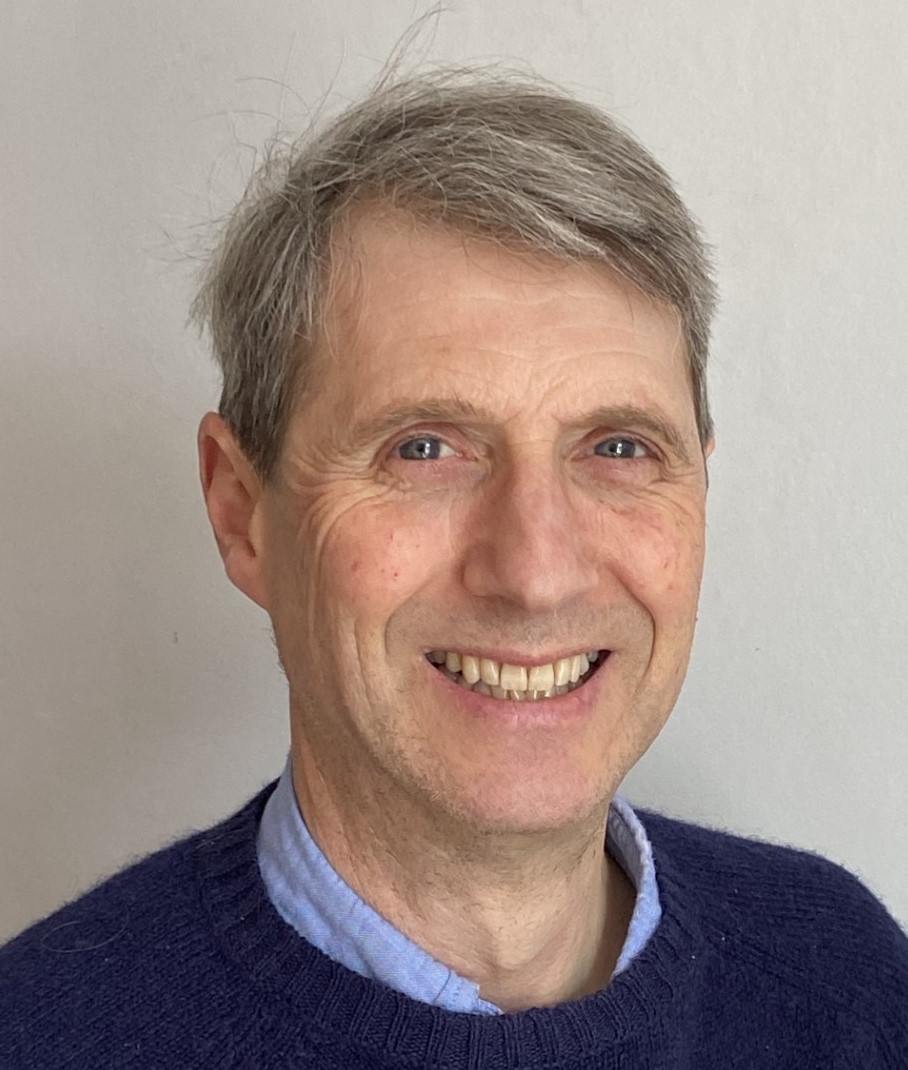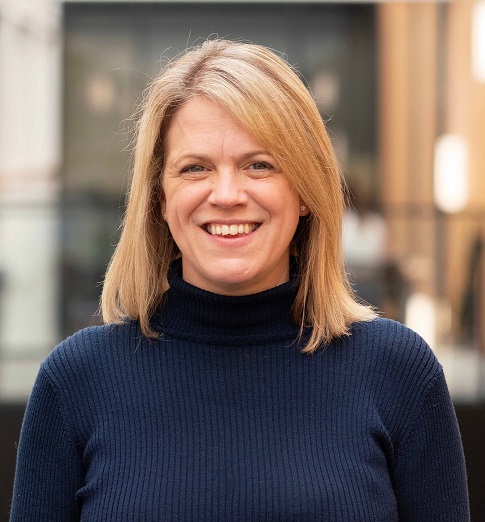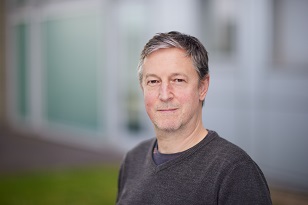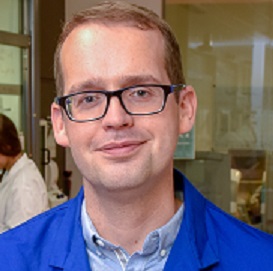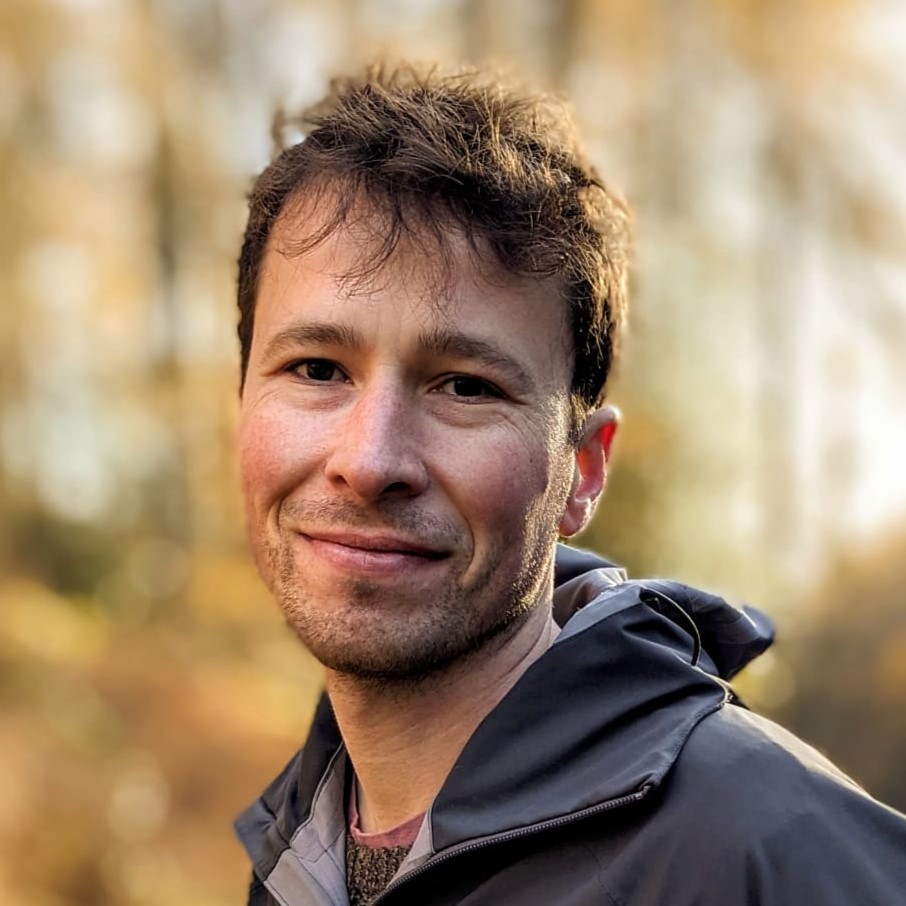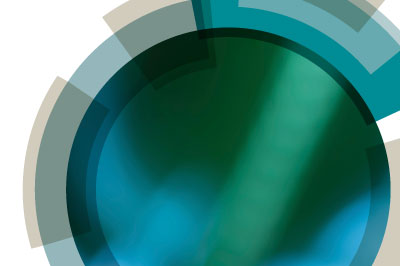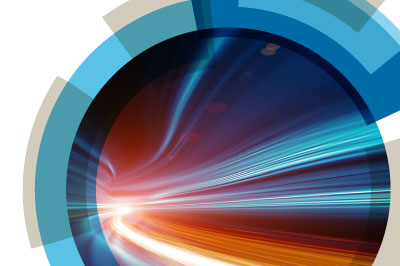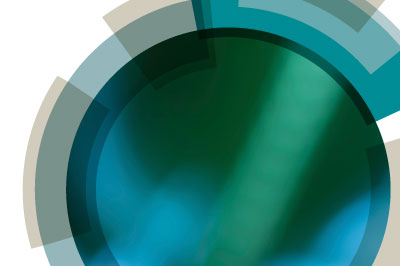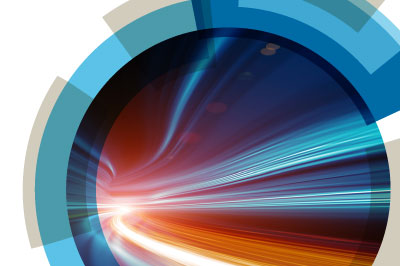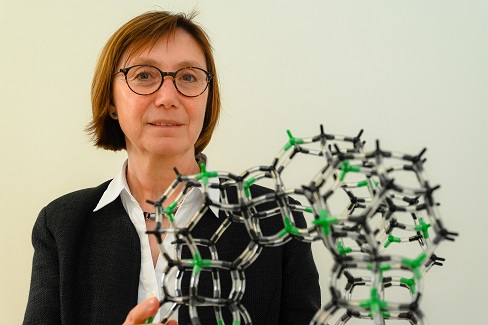 Svetlana Mintova, Normandy University, France
Svetlana Mintova, Normandy University, France
Svetlana Mintova’s research focuses on porous materials with expertise in synthesis of zeolites, advanced characterizations, and their applications in catalysis, separation, chemical sensors, membranes, and biomedicine. She has been recognized for the novelty and originality of her multidisciplinary research in nanosized zeolites, receiving awards such as the Baron Axel Cronstedt Award from the European Zeolite Associations Federation (FEZA), the Donald Breck Award from the International Zeolite Association (IZA), the “Le Prix La Recherche Chimie” in France, the Honorary Award from the French Zeolite Association (GFZ), the Shandong International Science and Technology Cooperation Award (Shandong) and Qingdao Award in recognition for social and research contributions (Qingdao) in China. She serves as a Visiting Professor at China University of Petroleum (UPC), President of the International Zeolite Association (IZA), and Chair of the Synthesis Commission of the IZA.
She is an Associate Editor of Inorganic Chemistry Frontiers (RSC) and Editor of Microporous Mesoporous Materials (Elsevier), and she has received the ERC Advanced Grant for 2022.
She is selected to carry the Olympic flame for Paris 2024, symbolizing academic excellence and sporting spirit.
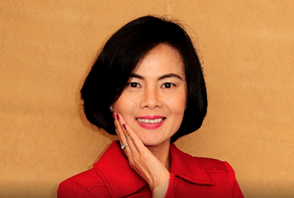 Thuc-Quyen Nguyen, University of California, Santa Barbara, United States
Thuc-Quyen Nguyen, University of California, Santa Barbara, United States
Thuc-Quyen Nguyen is the Director of the Center for Polymers and Organic Solids and professor in the Department of Chemistry & Biochemistry at the University of California, Santa Barbara. Nguyen received her B.S. (1997), M.S. (1998), and Ph.D. (2001) degrees in Physical Chemistry from the University of California, Los Angeles. From 2001-2004, she was a research associate in the Department of Chemistry and the Nanocenter at Columbia University working on molecular self-assembly, nanoscale characterization and devices. She also spent time at IBM Research Center at T. J. Watson (Yorktown Heights, NY) working with Richard Martel and Phaedon Avouris on molecular electronics. She joined the faculty of the Chemistry and Biochemistry Department at UCSB in 2004.
Her research interests are doping and charge transport in organic semiconductors, bioelectronics, and device physics of organic solar cells, ratchets, transistors, and photodetectors.
She is co-authored over 310 publications and 3 book chapters that received over 38,000 citations (H-index: 100). Recognition for her research includes 2005 Office of Naval Research Young Investigator Award, 2006 National Science Foundation CAREER Award, 2008 Camille Dreyfus Teacher Scholar Award, 2009 Alfred Sloan Research Fellows, 2010 National Science Foundation American Competitiveness and Innovation Fellows, 2015 Alexander von Humboldt Senior Research Award, 2016 Fellow of the Royal Society of Chemistry, 2019 Hall of Fame - Advanced Materials, 2019 Beaufort Visiting Scholar, St John’s College, Cambridge University, 2015-2019 World’s Most Influential Scientific Minds; Top 1% Highly Cited Researchers in Materials Science by Thomson Reuters and Clarivate Analytics, 2019 Fellow of the American Association for the Advancement of Science (AAAS), 2021 & 2022 Women in Materials Science by Advanced Materials, 2023 Wilhelm Exner Medal from Austria, 2023 Fellow of the US National Academy of Inventors, 2023 de Gennes Prize in Materials Chemistry from the Royal Society of Chemistry, and 2023 Elected Member of the US National Academy of Engineering.
 Matthew Rosseinsky, University of Liverpool, United Kingdom
Matthew Rosseinsky, University of Liverpool, United Kingdom
Matthew Rosseinsky obtained a degree and a D. Phil in Chemistry from the University of Oxford in 1990. He was a Postdoctoral Member of Technical Staff at A.T.&T. Bell Laboratories then in 1992 was appointed University Lecturer in Chemistry at the University of Oxford. In 1999 he moved to the University of Liverpool as Professor of Inorganic Chemistry. He was elected a Fellow of the Royal Society in 2008, and was awarded the Hughes Medal of the Royal Society in 2011. In 2013 he became a Royal Society Research Professor. He was awarded the inaugural de Gennes Prize for Materials Chemistry (a lifetime achievement award open internationally) by the Royal Society of Chemistry in 2009, the C.N.R. Rao Award of the Chemical Research Society of India in 2010 and gave the Muetterties Lectures at UC Berkeley and Lee Lectures at the University of Chicago in 2017, and the Davison Lectures at MIT in 2022. He was awarded the Davy Medal of the Royal Society in 2017. In 2019, he gave the Flack Memorial Lectures of the Swiss Crystallographic Society. In 2020, he became an Honorary Fellow of the Chemical Research Society of India. In 2022, he gave the Davison Lectures at MIT, and was awarded the Basolo Medal of the American Chemical Society Chicago Section. He received the 2023 Eni Energy Frontiers Award for the digital design and discovery of next-generation energy materials from the President of Italy. He was a member of the governing Council of the Engineering and Physical Sciences Research Council from 2015 - 2019. Matthew’s work focuses on the synthetic chemistry, design and discovery of solid-state materials, which have applications ranging from catalysis to superconductivity. His group is developing new methods of identifying functional materials, emphasising the integration of experiment with computational methods spanning physical and computer science. His work has been characterised by extensive collaboration with many academic and industrial colleagues.
-
Serena DeBeer
Max Planck Institute for Chemical Energy Conversion, Germany
-
Francesc Illas
Universitat de Barcelona, Spain




